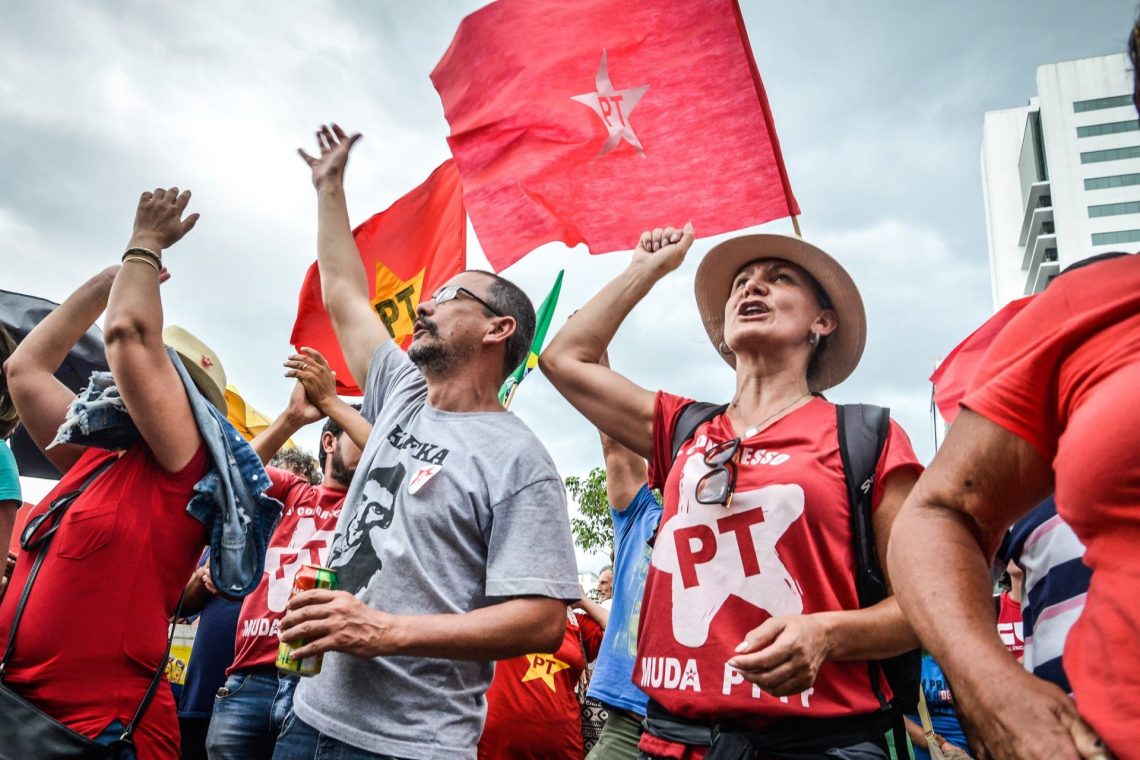Research & Studies

An explanation of the rise and fall of the South American Giant
The objective of this paper is to analyze the concept of autonomy, using Brazil under the government of the PT (Workers Party) between 2003 and 2016 as a case study. Our theoretical framework combines perspectives of Latin-American structuralism with those of realism and interdependency. The article concentrates essentially on two specific issues: global economy and international politics. By structuring our own theoretical framework, we identify several factors considered to be decisive for the investigation of the positioning of Brazil in the world and its possibilities for autonomous action. Finally, the paper addresses specific obstacles Brazil must face on its way to become a major world power. Keywords: autonomy, Brazil, dependency, foreign policy, structuralism.
You will find the whole article HERE!
